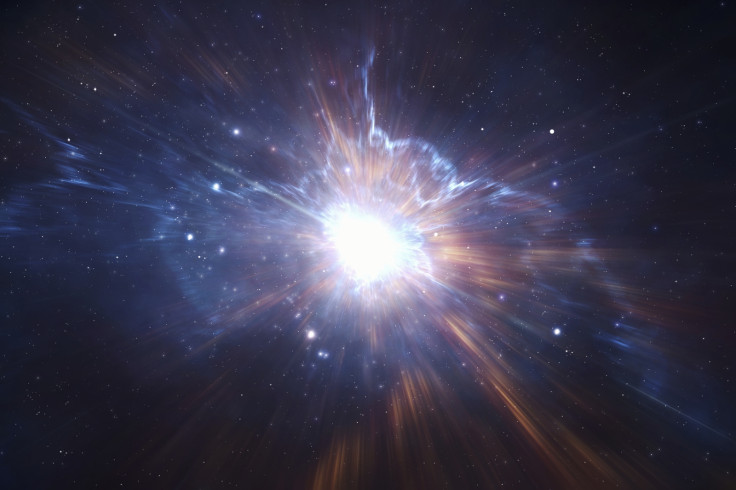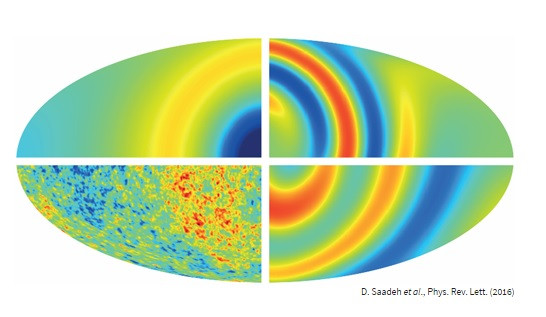The universe is expanding in all of the directions all of the time
Maps of light from just after the Big Bang show the universe is, in all likelihood, directionless.

The universe is expanding in all directions all at once, scientists have discovered. In fact, a study has shown there is just a one in 121,000 chance it is not uniform in its entire observable 93 billion light-years.
Scientists from University College London and Imperial College London used maps of cosmic microwave background (CMB) radiation – the light that was produced just after the Big Bang – to look at the polarisation, or orientation, of light at our cosmic dawn.
On a small scale, the universe appears disordered, with planetary systems making up larger galaxies that when put together become galaxy clusters. However, when we zoom out, the universe largely looks the same whichever way you look at it.
However, there are some fluctuations in the CMB that could be the result of anisotropic expansion (where it expands in one direction more than another).
Whether or not it is truly uniform will impact theories of the universe, including Einstein's field equations. If it rotates or is not uniform, its expansion would vary with direction and we would need to rethink some cosmological models like inflation.
In their study, published in the journal Physical Review Letters, the team looked at a number of anisotropy models and found there is very little chance it is expanding in one way more than another.
They instead showed the universe is almost uniform in its entirety, other than a few small fluctuations explained by the density of the universe. They varied the parameters of their model and compared it to data from European Space Agency's Planck satellite, which took measurements of CMB between 2009 and 2013.

They looked for patterns. A spinning universe, for example, would create a spiral pattern, while a universe expanding at different speeds would look stretched with hot and cold spots. But their findings showed no signs of abnormalities.
Stephen Feeney, one of the study authors, said: "This work is important because it tests one of the fundamental assumptions on which almost all cosmological calculations are based: that the universe is the same in every direction. If this assumption is wrong, and our universe spins or stretches in one direction more than another, we'd have to rethink our basic picture of the universe.
"We have put this assumption to its most exacting examination yet, testing for a huge variety of spinning and stretching universes that have never been considered before. When we compare these predictions to the Planck satellite's latest measurements, we find overwhelming evidence that the universe is the same in all directions."
Lead author Daniela Saadeh added: "You can never rule it out completely, but we now calculate the odds that the universe prefers one direction over another at just 1 in 121,000. We're very glad that our work vindicates what most cosmologists assume. For now, cosmology is safe."
© Copyright IBTimes 2024. All rights reserved.







